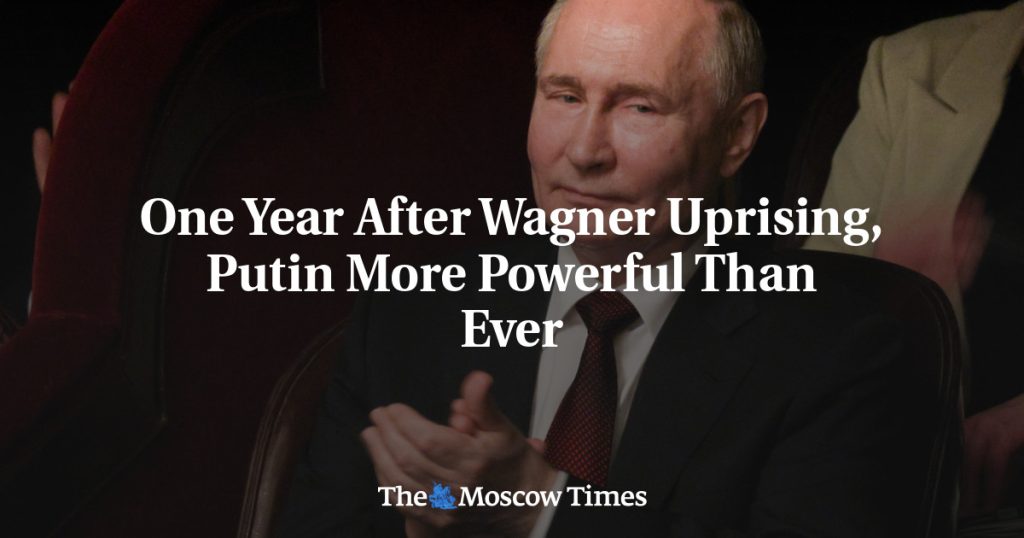In recent weeks, the president of Russia has made significant changes to the country’s military establishment, including the removal of Defense Minister Sergei Shoigu and the arrest of several senior military figures on corruption charges. These actions come amidst demands for reform made by a figure known as Prigozhin, highlighting a shift in the government’s approach to the military leadership.
Instead of appointing a military leader as the new defense chief, Putin chose economist Andrei Belousov, signaling a strategic decision to avoid promoting the army’s interests at the highest levels of government. This move represents a departure from the previous year when Putin had stood by his defense chiefs against accusations of corruption and strategic failures.
The reshuffle was driven by necessity rather than political pressure, demonstrating Putin’s ability to challenge the interests of senior military figures and make bold decisions for the country’s security. This shift is seen as a display of strength on Putin’s part, rather than a sign of weakness in his leadership.
Putin’s overwhelming victory in the March presidential elections, with an 87% majority, further solidified his dominance and power in Russia. The lack of real opposition and questions raised by international observers underscored his ability to control the narrative and shape public perception to his advantage, showcasing the extent of his control over the political landscape.
The death of Alexei Navalny, Putin’s main political rival, in a prison colony in February added to the consolidation of power in the Kremlin. Combined with other repressive measures and intimidating tactics, Putin has managed to instill fear and compliance among a significant portion of the population, further solidifying his grip on power.
Despite the lack of widespread defiance or public support for Putin during the recent uprising, the response from both the general population and the elite class demonstrated a lack of authentic enthusiasm for the regime and the ongoing conflict. Many individuals simply want to avoid getting caught up in the turmoil and maintain a low profile amid the chaos and uncertainty in Russia.















